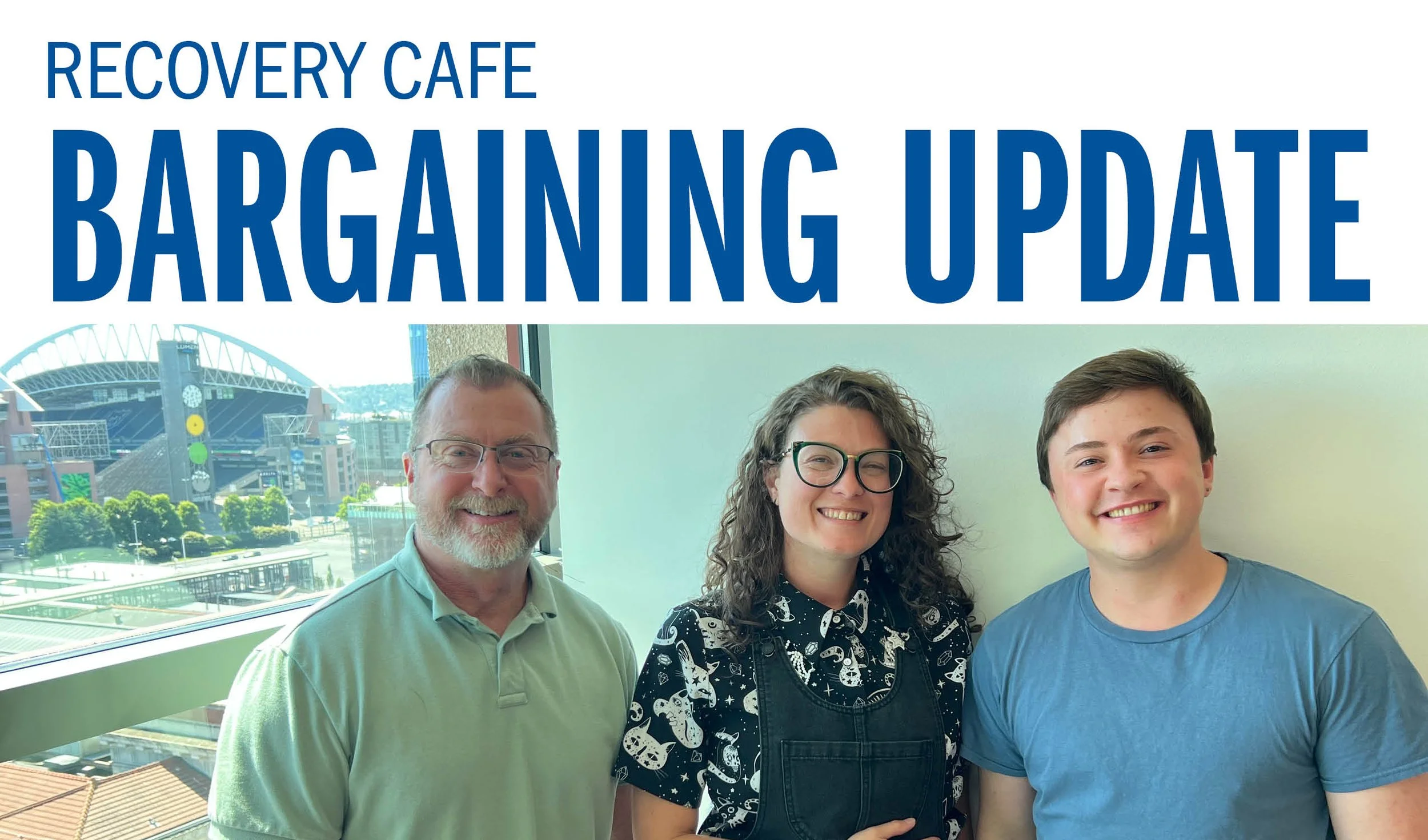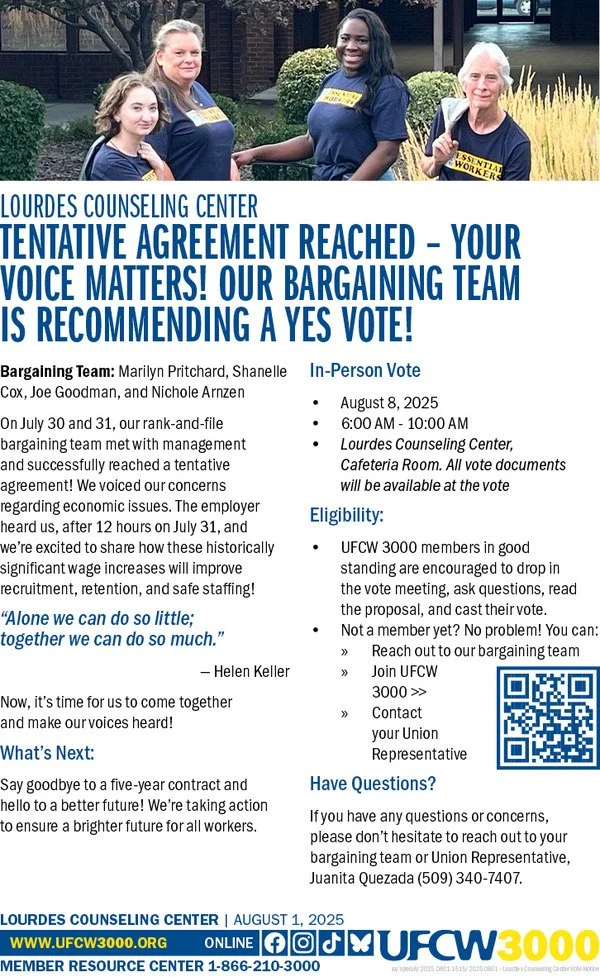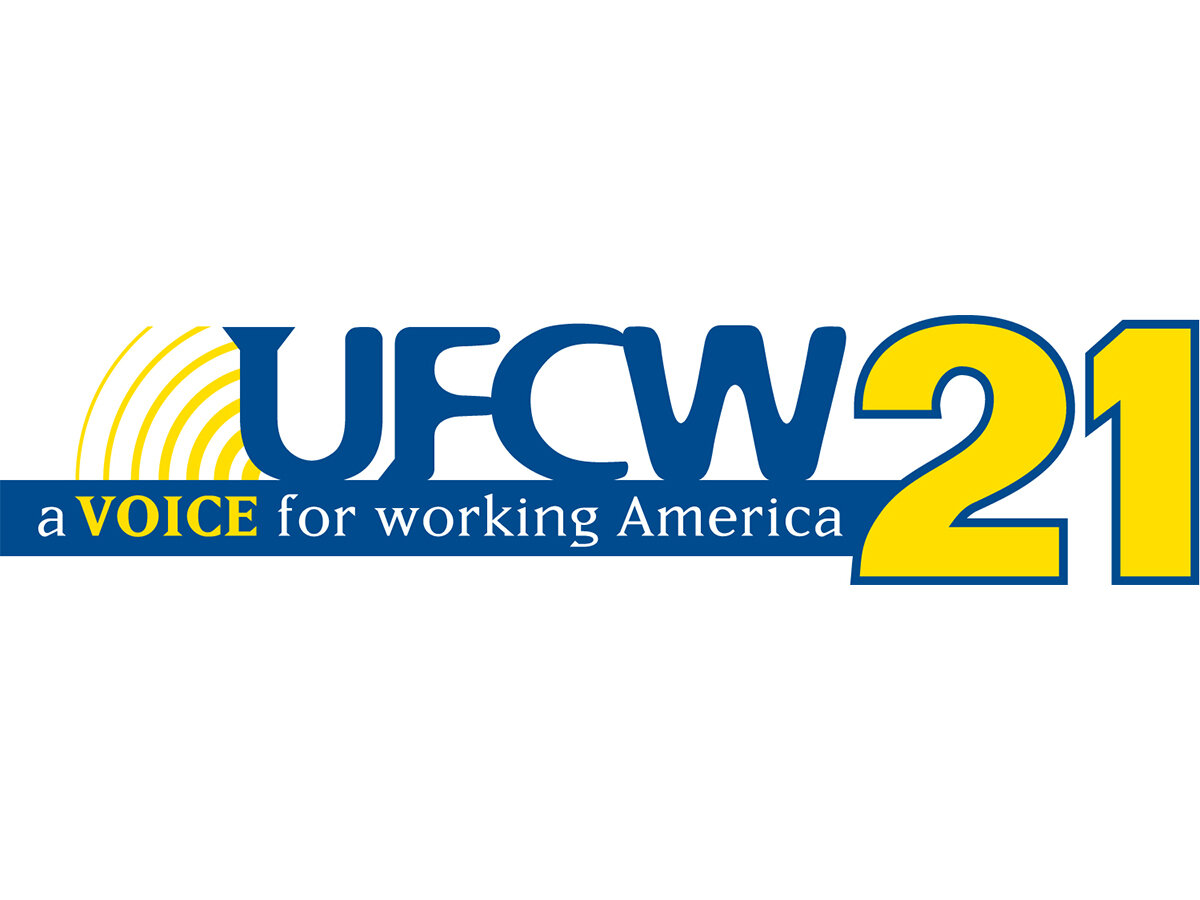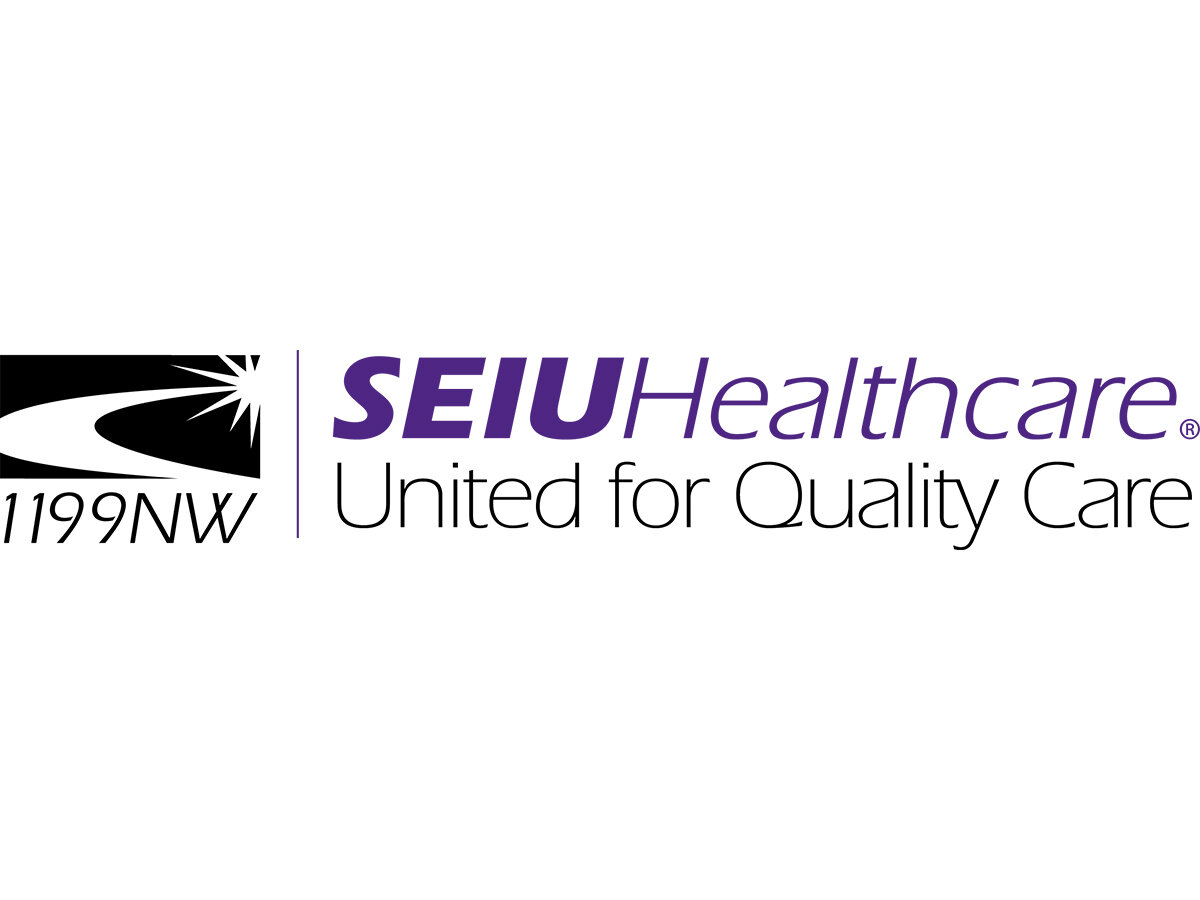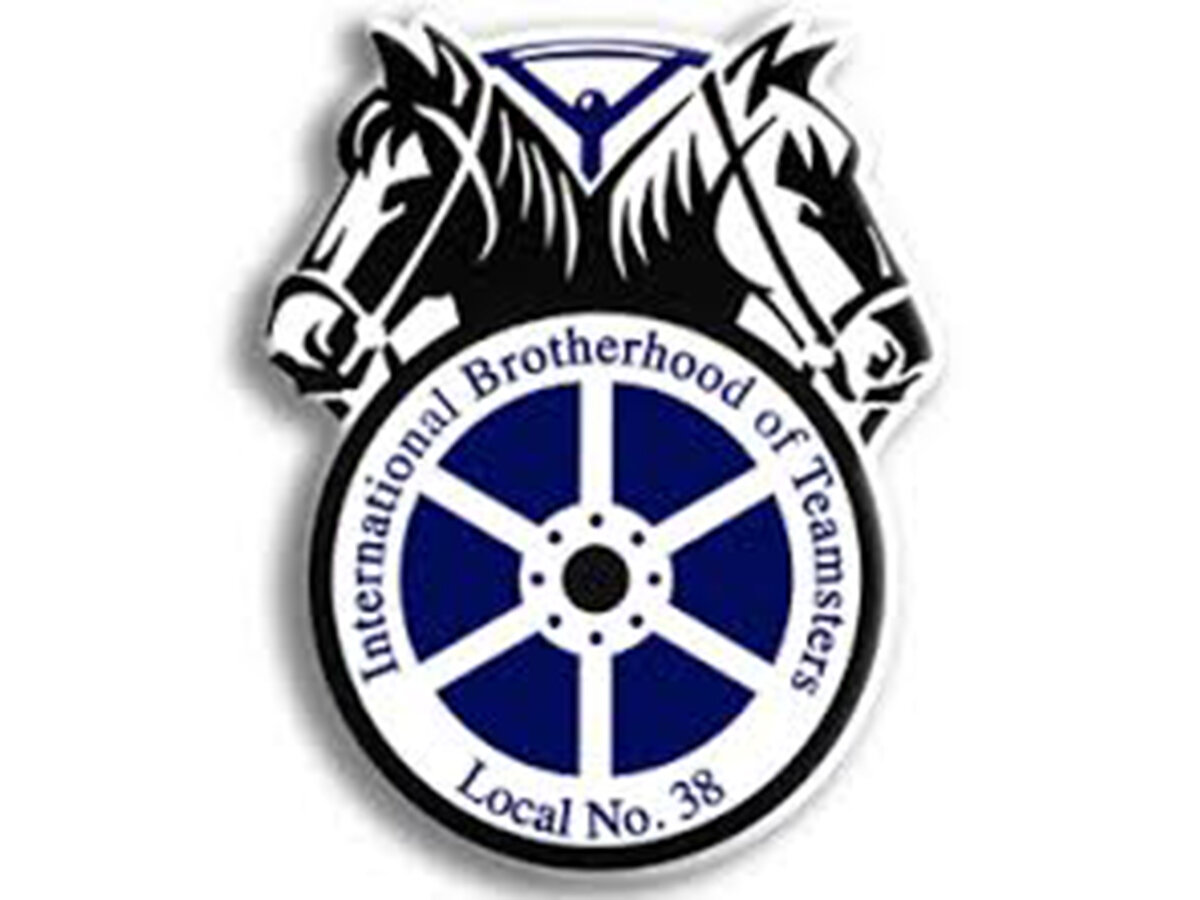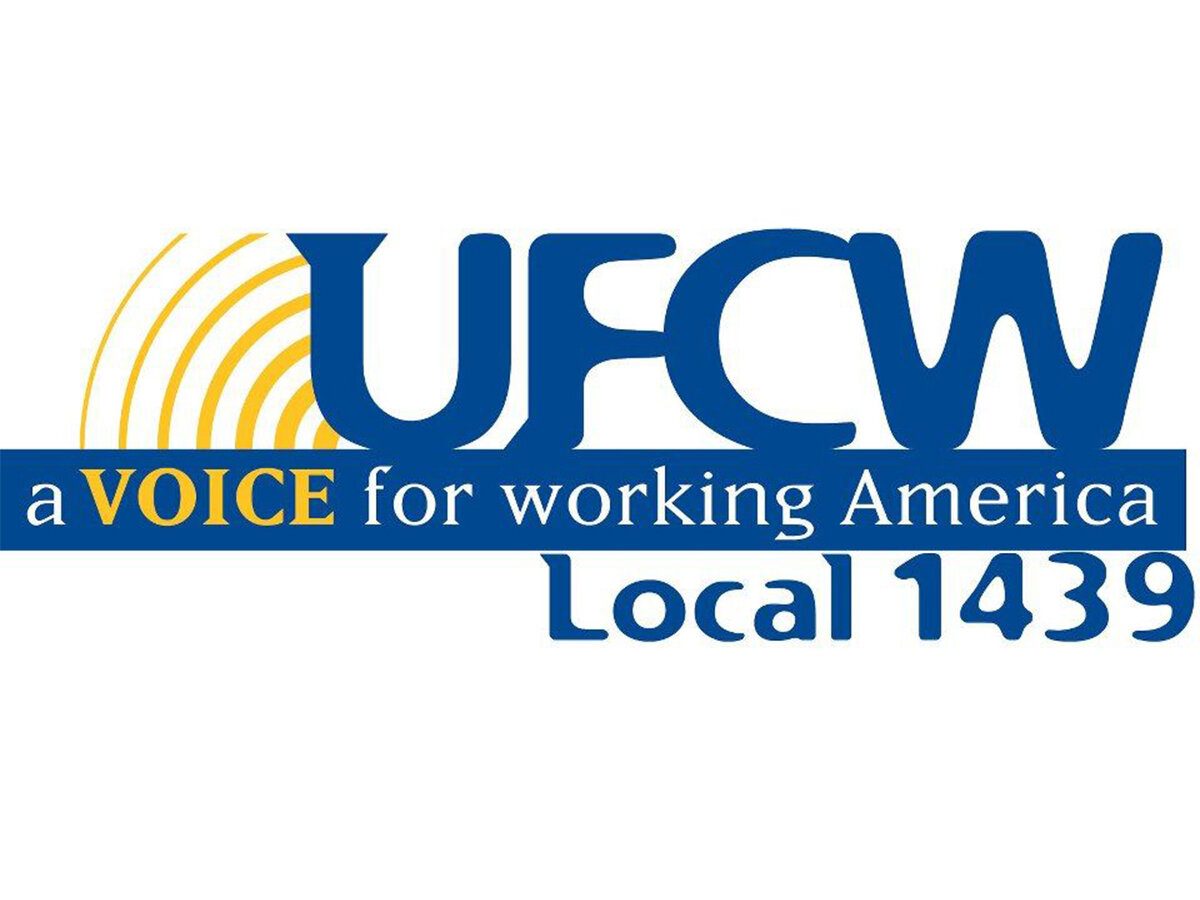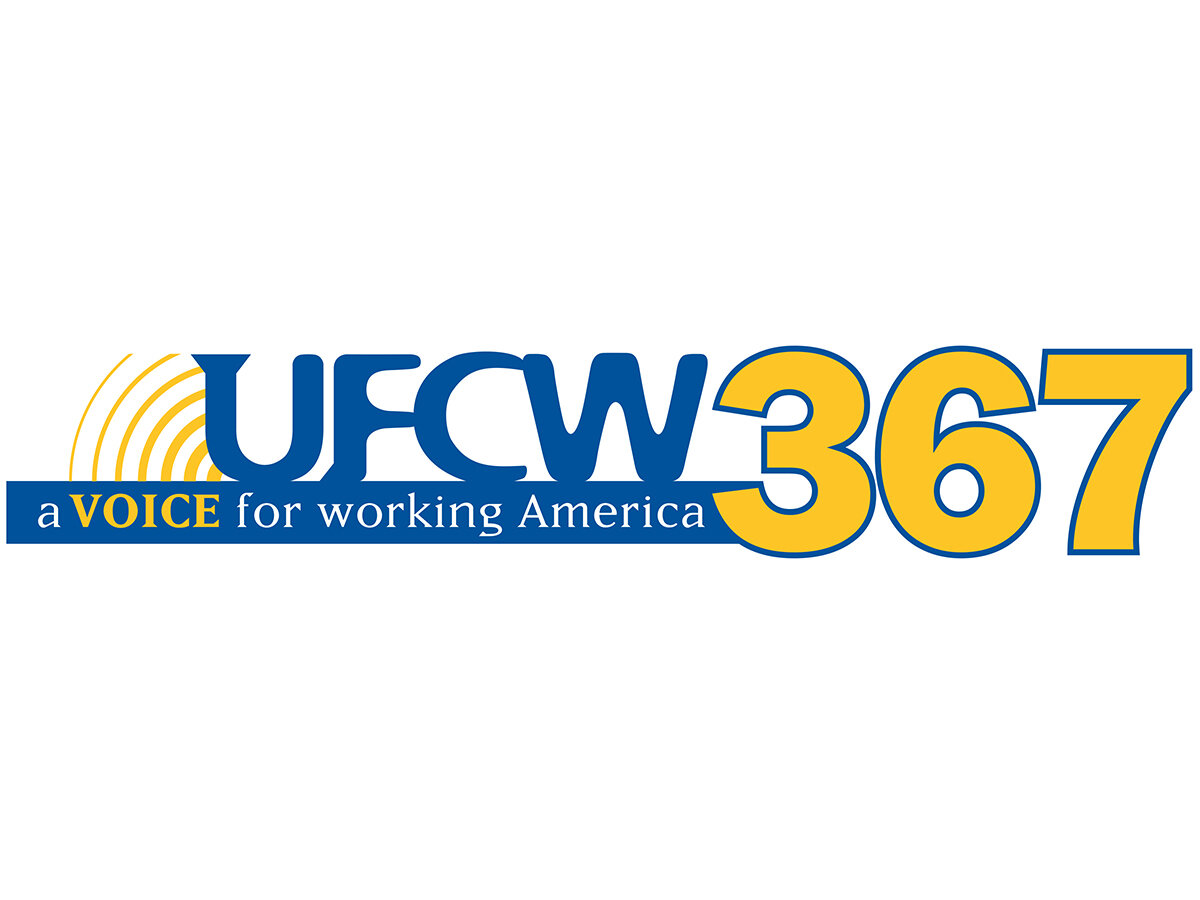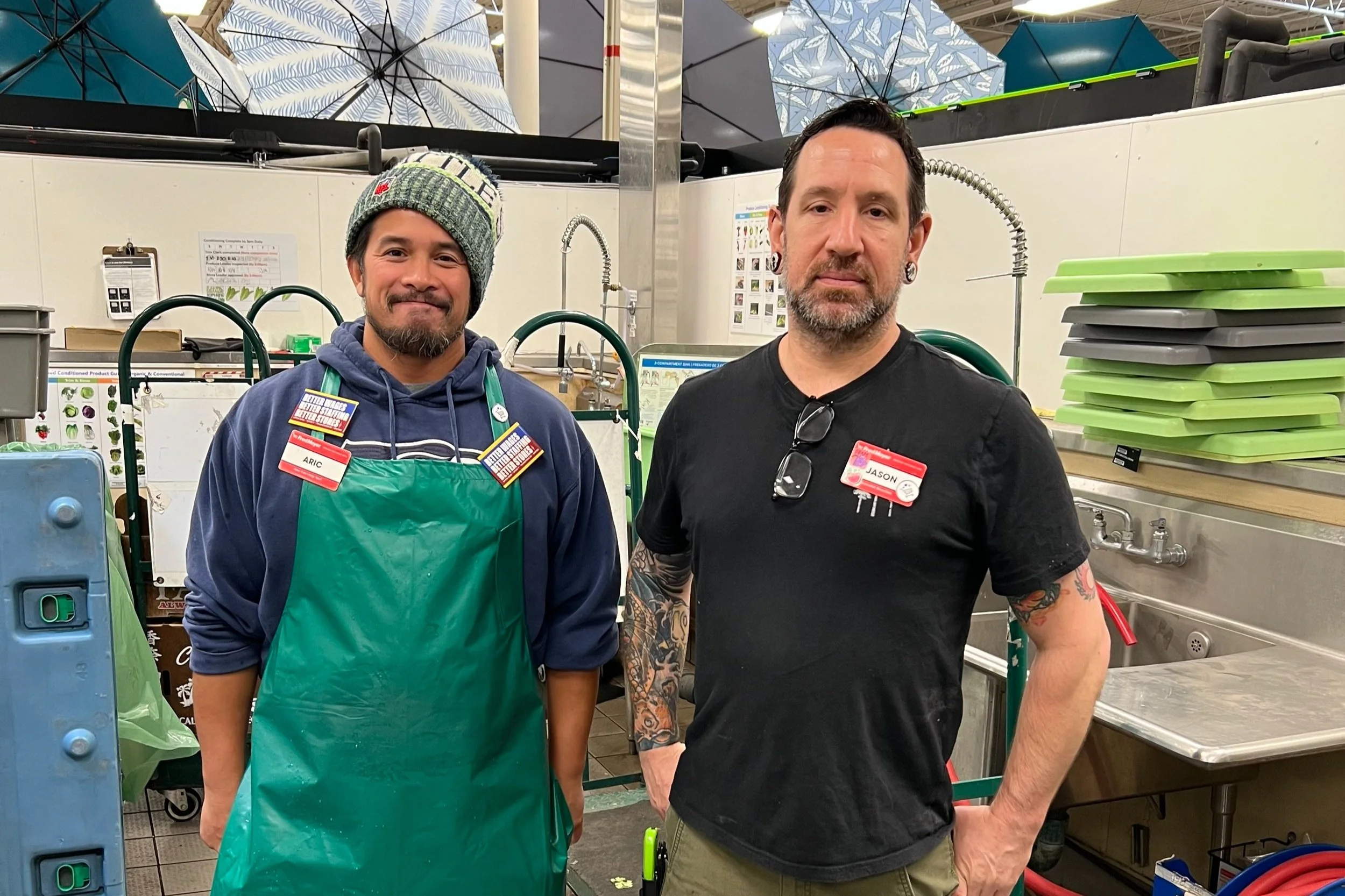April 1, 2020
RE: COVID-19 Transparency of Response Efforts and Working Conditions
Governor Inslee, Secretary Wiesman, Vice Admiral Bono,
We are writing to thank you for your leadership during this unprecedented crisis and to ask for your help to address a number of ongoing concerns. As unions representing workers who are on the frontlines fighting this pandemic, we are hearing from our members daily about their genuine commitment to serving our communities combined with their very real fears of getting sick, potentially infecting others, and of the critical need for their protection. As you well know, without our health care workers and emergency responders, we will fail to adequately respond in the days ahead.
We ask for your immediate help in the following areas:
1. Personal Protective Equipment and Supplies
Over the last several weeks, we have communicated our request for more transparency in the supply chain of Personal Protective Equipment (PPE) and supplies. We have heard that the state has received some significant shipments of PPE from the Strategic National Stockpile and other sources. Yet, those supplies have not made it into the hands of frontline health care workers and emergency responders.
As the unions representing workers who so desperately need PPE for their own safety, we ask that you provide a weekly report of amount of PPE at the EOC, where it is going, and to whom it is being distributed (down to the facility level). We also ask that you request from the hospitals and health providers under the DOH fourpart triage list a weekly report of PPE on hand.
Those of us representing health care workers are hearing stories from our members of supplies of N-95 masks and other PPE being locked in cabinets rather than provided to those on the frontlines. In the law enforcement community, department leadership is taking PPE supplies from jail facilities to offer some limited resources to officers; other departments are directing supply officers to use “traditional purchasing chains” for needed PPE. Neither of these directives are sustainable or solution oriented. It is critical that we understand the supply chain and where PPE can be utilized by health care workers and first responders now, rather than being saved for later.
2. COVID-19 Testing
Many counties are prioritizing testing of health care workers and first responders; this is both appreciated and appropriate. However, we are not receiving updates from counties or the state on the number of tests provided to health care workers and first responders nor the results of those tests. We ask that you provide more transparency in testing, including a weekly report of a) how long it is taking to receive results, b) how many health care workers/first responders are being tested, and c) the results of those tests (i.e., number of positives and negatives). We also ask that the Governor’s Office inform EMS that first responders must be prioritized for testing, especially those with symptoms or workplace exposure. Test processing for first responders and health care workers should be expedited.
3. Use of Appropriate Leave
As our members are exposed to COVID-19 on the job, there is no system-level response. A standard statewide protocol for exposure response, testing, and quarantine is urgently needed. This should include the use of appropriate leave – frontline responders should not be required to use accrued paid time off, vacation, or sick leave benefits while on quarantine. We ask that a statewide standard for leave be adopted that includes use of paid administrative leave or workers’ compensation with paid administrative leave making up the difference – in each case, when quarantined, isolated, or treated, employees should be kept whole in terms of salary and benefits.
We also ask that the Governor clarify his earlier order regarding L&I claims filed by health care workers and first responders – our members need clarification that the decision to self-quarantine due to workplace exposure without the specific direction of a health care provider or employer administration is allowable. We strongly believe that presumption of workplace illness should be made for health care workers and first responders.
4. Protection of Vulnerable Workers
National COVID-19 guidelines tell us that those in vulnerable categories – those over 60 years of age, pregnant women, and people with underlying health conditions – need to be protected. In a recent press conference, Governor Inslee stated in the strongest terms that workers in these vulnerable categories or those who live with vulnerable people should be allowed to either work from home or take extended leave, continue to be paid, and have their job available to them when this crisis ends. While acknowledging that this policy did not yet carry the force of law, Governor Inslee clearly and unequivocally gave this direction to businesses.
Despite this, many of our members have been told they must remain on the job – including in emergency rooms and Intensive Care Units where the highest volume of COVID-19 patients are treated. Likewise, first responders within fire and law enforcement who fall into the category of vulnerable workers must also be given accommodation during this emergency. We ask that you make clear to our employers that vulnerable workers must be protected through reasonable and safe accommodation or by staying home.
We greatly appreciate our partnership with you during this crisis, and we look forward to working with you to ensure the above concerns are addressed post haste.
Sincerely,











